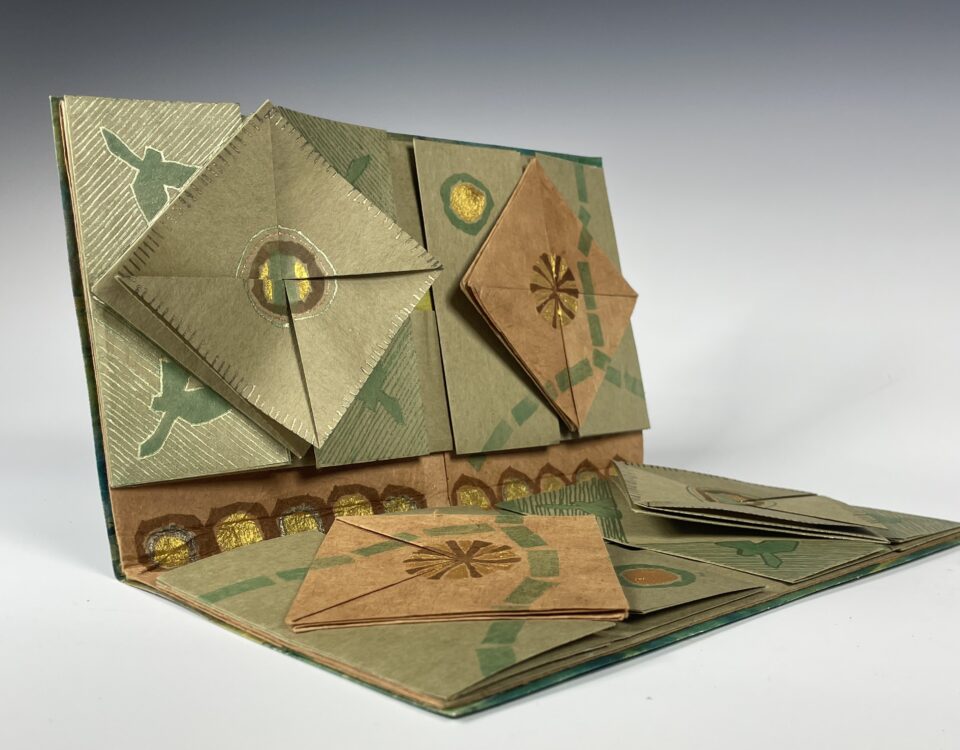An extra day
February 29, 2012Spring
March 20, 2012I return to Rilke when I am feeling particularly discouraged. And to this letter. This letter haunts me, because I feel the call, that desire, that needling in the night to go to my studio to work. I was late for work a couple of times this week because I couldn’t help myself and picked up a paintbrush and began to adjust an image. And then before I knew it, 25 minutes had passed, and I had to abbreviate all the other things that needed to get done so I could get to work. All I can think about right now is my studio work, MY studio work. Not my work at PRESS, or my teaching obligations, but how am I going to squeeze in those moments where I can paint. My last entry expressed my fantasy for that free day. In the end, I got my wish, as March 1st was a snow day. And what did I do? I worked in my studio for ten hours. I ignored all of my other obligations and painted and painted and painted. Just thinking about it gives me bliss. I hope for more of these days, but in a regularly planned way. I hope days of bliss for you too.
And now, Rilke…
You ask whether your verses are any good. You ask me. You have asked others before. You send them to magazines. You compare them with other poems, and you are disturbed when certain editors reject your efforts. Now (since you have allowed me to advise you) I beg you to give up all of that. You are looking outward, and that above all you should not do now. Nobody can counsel and help you, nobody. There is only one single way. Go into yourself. Search for the reason that bids you write; find out whether it is spreading out its roots in the deepest places of your heart; acknowledge to yourself whether you would have to die if you were denied to write. This above all: ask yourself in the stillest hour of your night: must I write? Delve into yourself for a deep answer. And if this should be affirmative, if you may meet this earnest question with a strong and simple “I must,” then build your life according to this necessity; your life, even into its most indifferent and slightest hour, must be a sign of this urge and a testimony to it. Then draw near to Nature. Then try, like some first human being, to say what you see and experience and love and lose. Do not write love poems; avoid at first those forms that are too facile and commonplace: they are the most difficult, for it takes great, fully matured power to to give something of your own where good, and even excellent traditions come to mind in quantity. Therefore save yourself from these general themes and seek those which your own everyday life offers you; describe your sorrows and desires, passing thoughts and the belief in some sort of beauty–describe all these with loving quiet, humble sincerity, and use, to express yourself, the things in your environment, the images from your dreams, and the objects of your memory. A work of art is good if it has spring from necessity. In this nature of its origin lies the judgment of it: there is no other. Therefore, I known no advice for you save this: to go into yourself and test the deeps in which your life takes rise; at its source you will find the answer to the question whether you must create. Accept it, just as it sounds, without inquiring into it. Perhaps it will turn out that you are called to be an artist. Then take that destiny upon yourself and bear it, its burden and its greatness, without ever asking what recompense might come from outside. Letter dated Paris, February 17, 1903 From Rainer Maria Rilke’s Letters to a Young Poet, translated by M.D. Herter Norton, WW Norton & Company, New York/London, 1934
